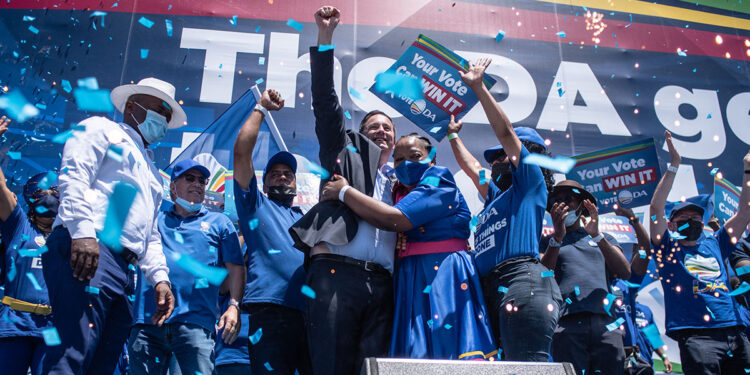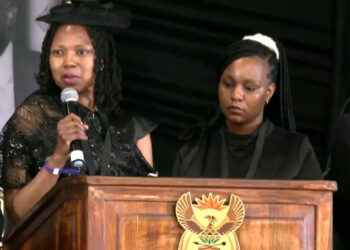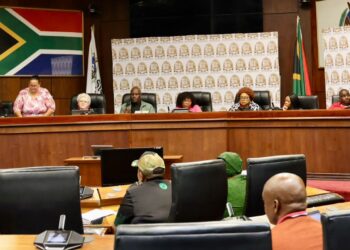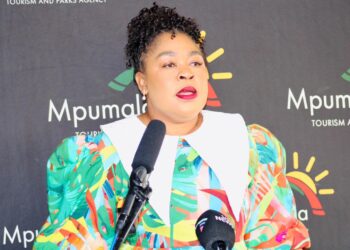The Democratic Alliance (DA) is concerned it will be difficult to source money to fund their elections campaigns due to restrictions placed by the new Political Funding Act that came into effect in the beginning of April.
The Act, signed into law on 22 January 2019 and promulgated in February this year, compels political parties to disclose sources of their funding for amounts more than R100 000 to the Independent Electoral Commission (IEC). It seeks to regulate public and private funding of political parties with aim to establish transparency and trust between the public and political parties.
DA provincial finance chairperson, Farhard Essack said the Act is draconian and prescriptive as it puts political parties under a lot of pressure. “We have already experienced a huge financial setback due to limited funding from business and overseas donors due to Covid-19 restrictions,” he said.
“Raising funds for electioneering will be a daunting task as the Act also comes with its own restrictions.Truth of the matter is there are donors who prefer to remain private but now this law compels them to be public. It becomes a problem when they decide to stop funding due to this law which, to some, might be against policy,” Essack said.
However, Essack said they have no plans to challenge it as it is already in implementation. “The law is passed already; we have no intention to contest it in the court of law. We will comply,” he said.
The Economic Freedom Fighters (EFF) echoed DA’s sentiments saying there was nothing they could do at the stage, but comply. “Well, once the law has been passed there is nothing one can do more especially because there are consultation processes before the law comes to being,” said provincial leader, Collen Sedibe. “As the law abiding organization we welcome the act and commit that we will comply to the latter because the law and any other legislation of the country must always be respected,” Sedibe said.
According to the Act, political parties may not accept donations above R15-million from a single donor. It also prohibits donations from foreign governments and their agencies, foreign persons and entities, organs of state and state-owned enterprises.
The IEC said in a statement that parties are obliged to fully disclose, within three months of the financial year-end, all money received, including funds and membership fees, and how those funds were used. It further said that all political parties and donors who make direct donations above R100 000 must sign up to the IEC’s online party funding system (OPFS) to make electronic disclosures to the IEC.
“As part of the system of checks and balances to help ensure transparency, donors who make direct donations above R100 000 to political parties must also declare these to the Electoral Commission on the OPFS within 30 days,” said the IEC.
The African National Congress (ANC) was not available for comment at the time of going to print.
























